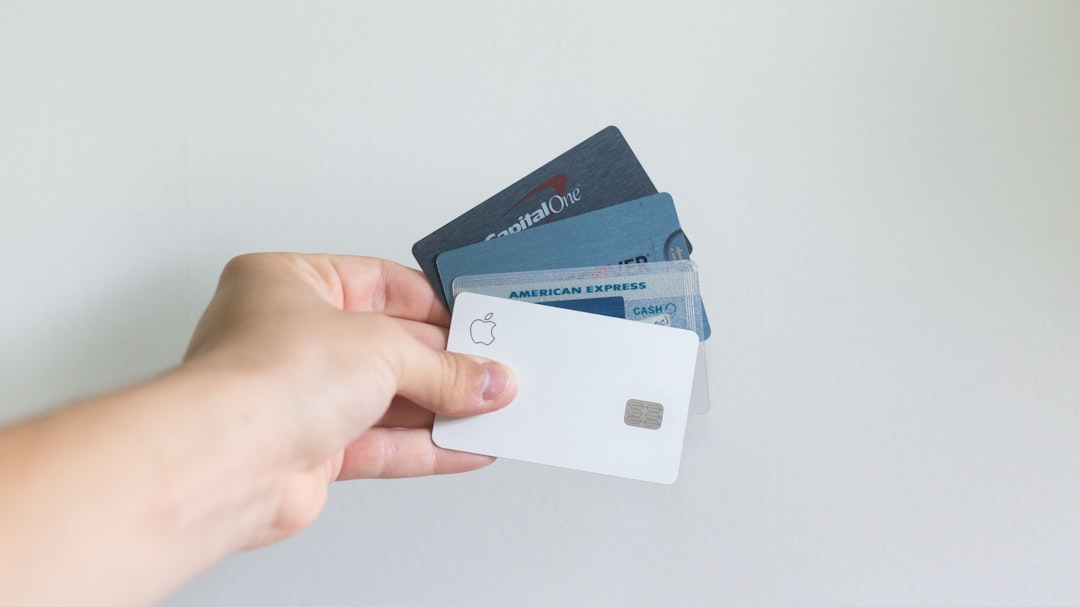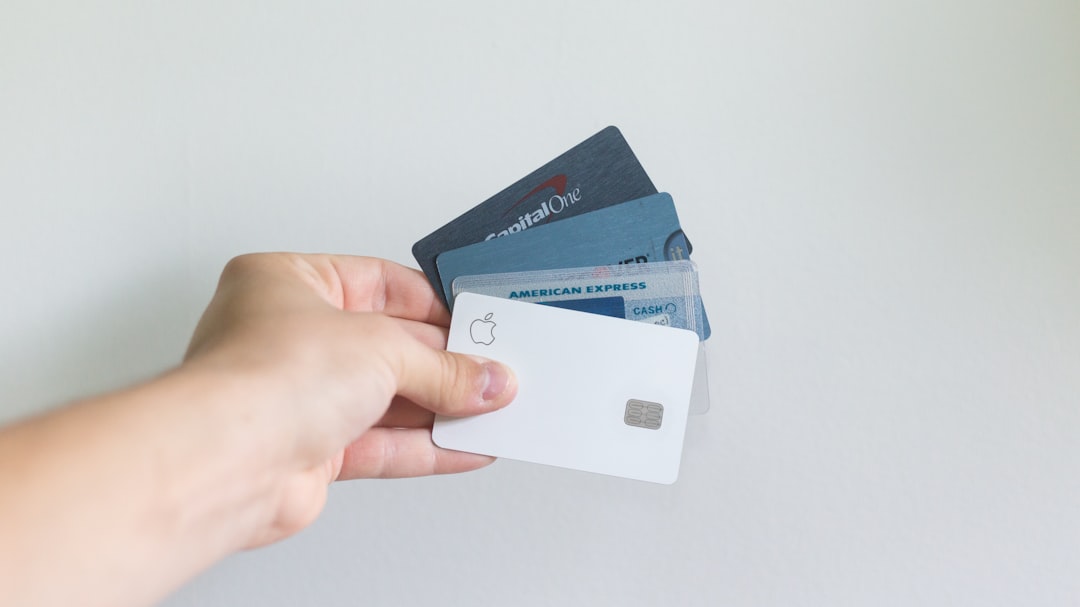Debt Consolidation Loans for the Self Employed offer a tailored financial solution, combining multiple unsecured loans like credit cards into one loan with lower interest rates. This strategy provides stability, predictability, and cost savings, freeing up funds for other expenses or savings while improving financial control and enhancing credit scores over time. Choosing the right consolidation service is crucial, focusing on companies specializing in self-employed debt relief with flexible terms, transparent communication, and personalized solutions. A strategic repayment plan targeting high-interest debts first, combined with budget reviews and automation, leads to successful debt eradication.
Struggling with unsecured loan and credit card debt? Debt consolidation services offer a potential solution. This article guides you through the process, focusing on debt consolidation loans specifically tailored for the self-employed. We’ll explore the benefits of consolidating your debts, from improved cash flow to reduced interest rates. Learn how to choose a reputable service and discover effective strategies for repaying consolidated debts, ultimately securing a clearer financial future.
- Understanding Unsecured Loan Debt Consolidation
- Benefits of Debt Consolidation for Self-Employed
- Choosing the Right Debt Consolidation Service
- Effective Strategies for Repaying Consolidated Debts
Understanding Unsecured Loan Debt Consolidation

Unsecured loan debt consolidation is a financial strategy that allows individuals, especially those who are self-employed or have variable income, to simplify their debt repayment process. This type of consolidation involves combining multiple unsecured loans, such as credit card debts, into one comprehensive loan with a single payment schedule. For the self-employed, this can be particularly beneficial as it provides stability and predictability in managing finances by streamlining various debt obligations into one manageable loan.
By consolidating unsecured loans, borrowers can enjoy lower interest rates, which can significantly reduce overall repayment costs. This is especially advantageous for those with high-interest credit card debts or multiple loans from different lenders. Debt consolidation loans offer a structured approach to repaying debt, helping individuals gain control over their finances and potentially freeing up additional funds for other important expenses or savings goals.
Benefits of Debt Consolidation for Self-Employed

For self-employed individuals grappling with unsecured loans and credit card debt, debt consolidation can offer a lifeline. These specialized Debt Consolidation Loans for the Self Employed provide an opportunity to streamline multiple debts into a single, more manageable payment. This simplification not only eases the administrative burden but also potentially reduces overall interest expenses.
By consolidating debt, self-employed individuals can gain better financial control, improve cash flow, and focus on business growth rather than debt repayment. Additionally, debt consolidation can enhance credit scores over time by demonstrating responsible financial management. This enhanced credit profile can open doors to future opportunities, including access to better loan terms and rates for both personal and business needs.
Choosing the Right Debt Consolidation Service

Choosing the right debt consolidation service is a crucial step in managing unsecured loans and credit cards effectively, especially for the self-employed individuals who often face unique financial challenges. It’s essential to look beyond rates and focus on services tailored to your needs. For self-employed borrowers, consider companies offering specialized Debt Consolidation Loans, which understand the complexities of freelance work and can provide flexible repayment terms and options aligned with irregular income streams.
Research thoroughly, checking for credentials and reviews, and ensure the service has experience dealing with unsecured debt consolidation. You want a provider who can offer personalized solutions, transparent communication, and potential benefits like credit counseling or financial education workshops. Remember, the best fit is one that supports your financial goals and treats your unique situation with understanding and expertise.
Effective Strategies for Repaying Consolidated Debts

After consolidating unsecured loans and credit cards through specialized services, such as Debt Consolidation Loans for the Self-Employed, individuals can implement several effective strategies to repay their debts promptly. One key approach is to prioritize high-interest debts first while making minimum payments on others to maintain a good credit score. This strategy ensures that interest accrual doesn’t pile up on higher-risk debts.
Additionally, creating a structured repayment plan based on one’s income and expenses can help in meeting debt obligations effortlessly. Automating payments for consolidated debts through direct debits or automated transfers from a checking account streamlines the process, guaranteeing timely repayments. Regularly reviewing and adjusting the budget to accommodate changing financial circumstances is also crucial to ensuring successful debt repayment.
Debt consolidation can be a powerful tool, especially for the self-employed, aiming to regain control of their finances. By consolidating unsecured loans and credit cards, individuals can simplify repayment processes, reduce interest rates, and potentially save money in the long run. Choosing the right debt consolidation service is key, ensuring a tailored plan that aligns with individual needs. With effective strategies in place, those in the self-employed sector can efficiently manage and ultimately pay off their debts, paving the way for a more secure financial future. This holistic approach to managing unsecured loans offers a viable solution to navigating complex debt scenarios.
